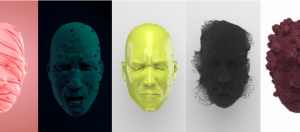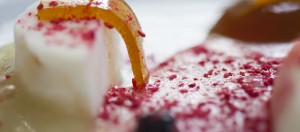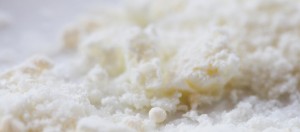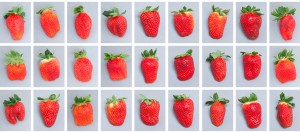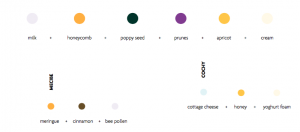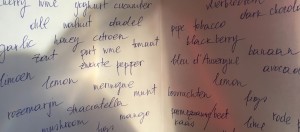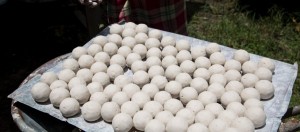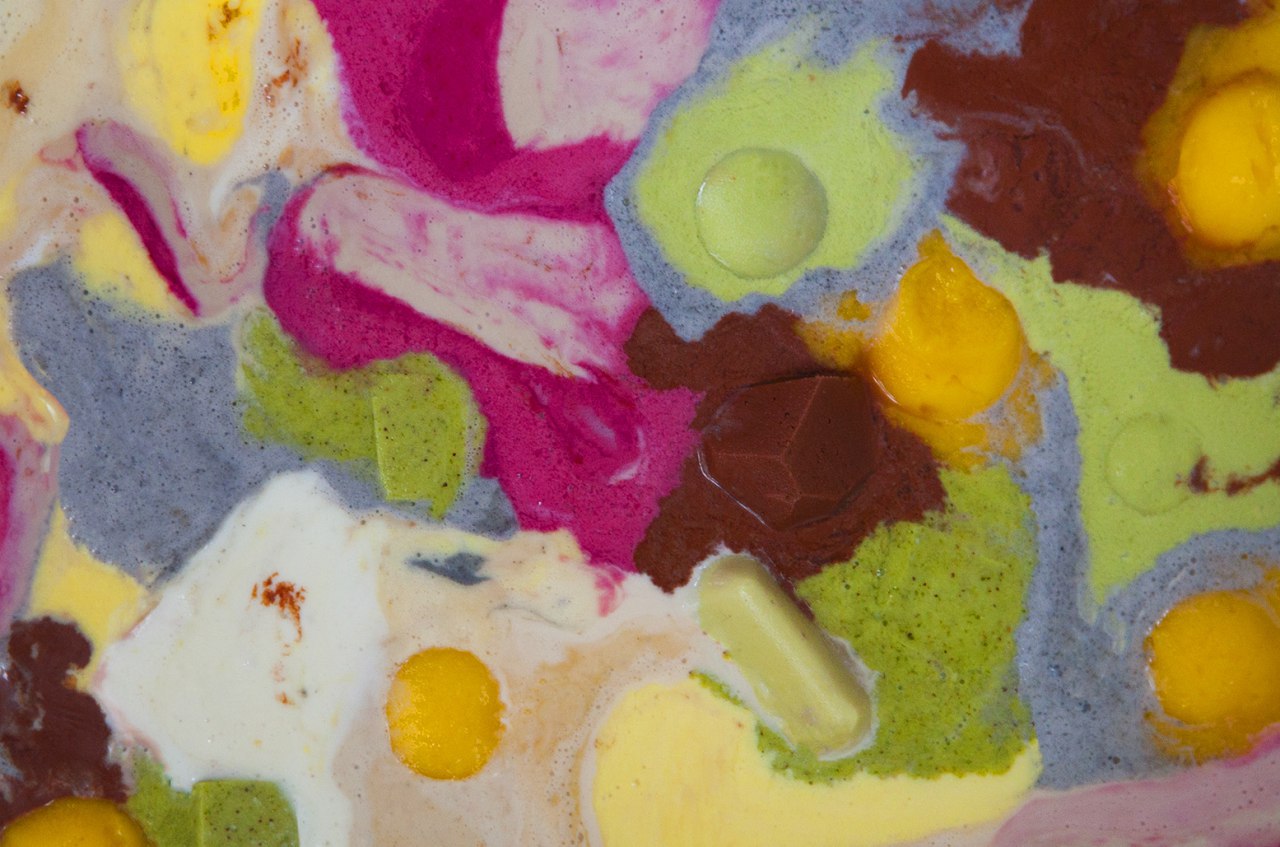
Weather was really warm yesterday, so we ended up discussing melting ice cream. It is a bit paradoxical that the warmer it is, the more ice cream is desired but also the faster it melts and disappears. Anxiety all over the place! Who wants half of their delicous Wandering Hermine (our top hit with mascarpone, lavender and honey) to land on the floor!?
We haven't made up our minds yet, but we feel the excitment wouldn't be the same if your ice cream doesn't change for an hour. Imagine how all of a sudden people start taking their ice creams for granted. Blasphemy!
Let's see how ice cream actually melts. Ice cream has a lot of water - either from the milk - milk is about 87% water, or from the water in sorbets.
All ice cream in the world has to have sugar as well - it prevents all this water from freezing - sugar molecules prevent water molecules from binding together and form a solid ice block.
Finally, fat encapsulates the water molecules and proteins help fats to keep their grip on water molecules for longer.
This is all great, but the moment ice cream is out of the freezer it is exposed to the environment and its energy (warmth) starts breaking all these bonds - protein can't help fat hold water molecules any longer and water starts doing its watery things.
In recent months there have been reports of at least three separate efforts to prevent or delay melting in ice cream. Japanese scientists in Kanazawa extracted polyphenols from strawberry which help proteins sustain the fat capsules around water molecules. Then scientists in the University of Edinburgh have discovered a naturally occuring protein (BsIA) that does similar job. And finally, Colombian researches together with a Canadian University have successfully appied banana microfibers, as reported by the American Chemical Society.
Hopefully at some point we will also be trying how all these things work. But for now we are staying with the excitment of will I make it quick enough to the cone!
For an illustration of the chemistry around melting, take one of our sorbets and a scoop of gelato, and compare the speed of melting of each. We love to talk about geeky stuff like this and look forward to hearing your thoughts - come over to chat at Van Hallstraat 222 in Amsterdam or send us an email, connect with us on Instagram, or Facebook.
Photo: © Ola Lanko
